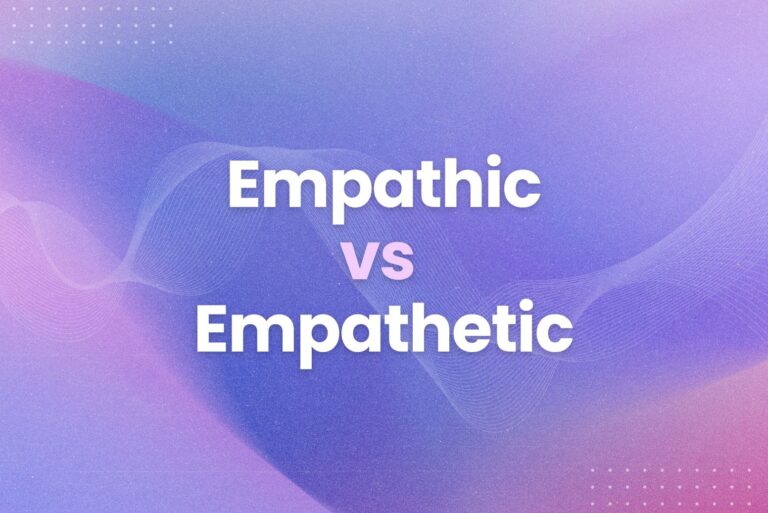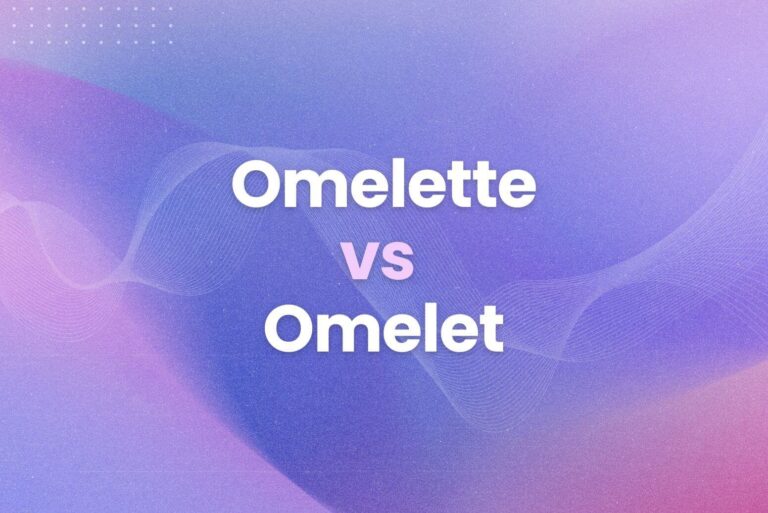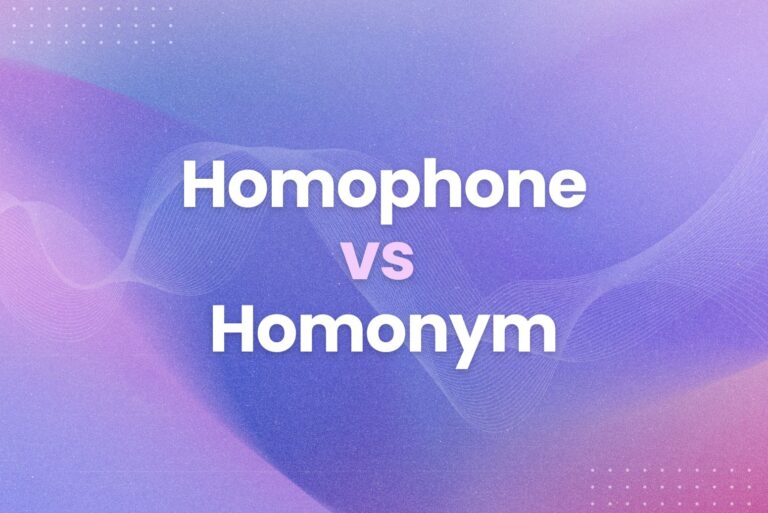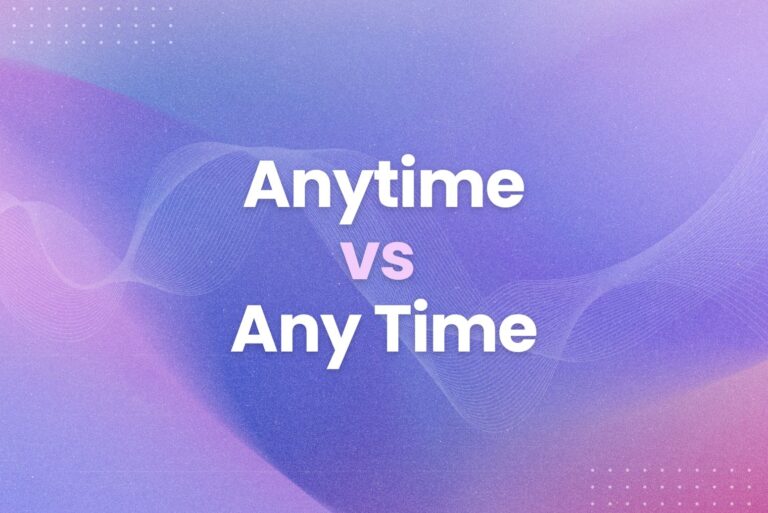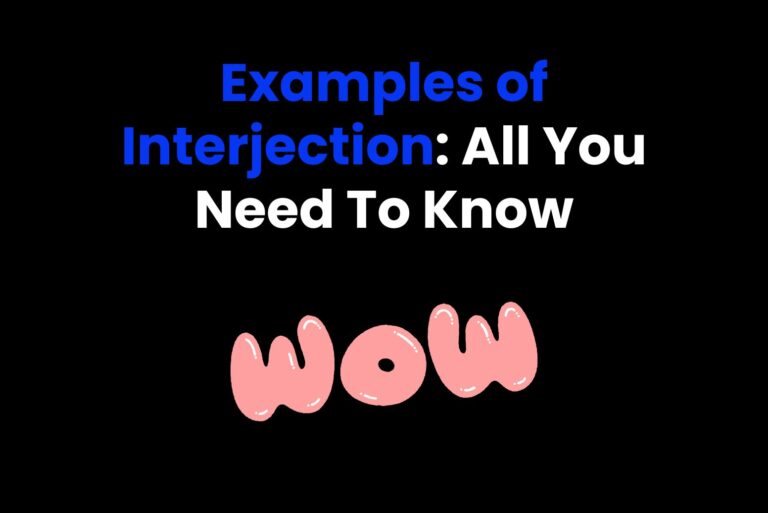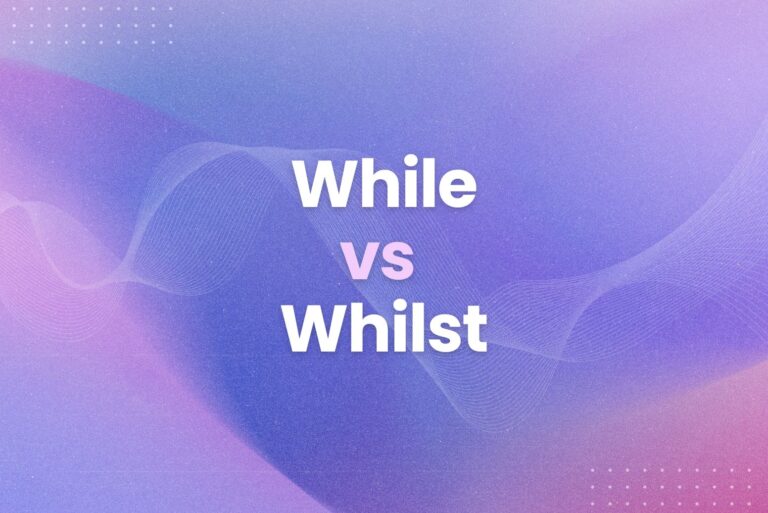Infer vs Imply: The One Grammar Mistake
Ever feel like you’re walking a tightrope with words? One wrong step, and poof—your message falls flat. We’ve all been there, especially when it comes to tricky grammar like “infer vs imply.” These words are often mixed up, but they have distinct meanings. Getting them right boosts your communication skills. It makes you sound polished and professional. So, let’s clear up the confusion.
This article will help you master these tricky words. We’ll cover:
- First of all, the difference between infer vs imply.
- Secondly, clear examples of each word in action.
- Then, how to avoid common mistakes.
- Lastly, why using the correct word matters.
Now, let’s get started.
The Difference Between Infer vs Imply
These two words, infer and imply, often get mixed up. It’s a common grammar pitfall. But don’t worry, we’re going to fix that. Think of it this way: the speaker or writer implies. The listener or reader infers. It’s all about the direction of the message.
To imply is to suggest something indirectly. You’re hinting at something without stating it outright. For example, “Did you do your homework?” can imply doubt about whether the homework was done. The speaker isn’t directly saying they doubt it. They’re suggesting it. They are implying it.
On the flip side, to infer is to draw a conclusion based on evidence. You’re reading between the lines. You’re picking up on the subtle cues. So, if someone asks, “Did you do your homework?” and you answer hesitantly, the other person might infer that you didn’t. They’re drawing a conclusion from your hesitation.
For instance, implying is like planting a seed. Inferring is like harvesting the crop. The person who implies is planting the idea. The person who infers is picking up on it. It’s a two-way street. One person sends the message (implies), and the other receives and interprets it (infers). Getting this right is important for clear communication.
Infer vs Imply: See the Difference
Let’s see these words in action. Sometimes the best way to learn is by looking at real-life examples. It helps solidify the concepts in your mind.
Imply:
- “It’s getting late” implies that it’s time to go, without directly saying so.
- A frown might imply disapproval.
- “That’s an interesting choice” could imply that you don’t approve of the choice.
Infer:
- From a friend’s silence, you might infer that they’re upset with you.
- Seeing dark clouds, you might infer that it’s going to rain.
- Reading a news report, you might infer that the economy is in trouble.
See the difference? When you imply, you’re hinting. When you infer, you’re interpreting. It’s a subtle but important distinction. And guess what? Mastering this distinction can make you a more effective communicator. It can help you avoid misunderstandings and get your point across more clearly.
Avoiding the Infer vs Imply Trap
Even native English speakers sometimes stumble over these words. So, don’t feel bad if you’ve made mistakes in the past. The important thing is that you’re learning. Here are some tips to help you avoid common errors:
- Remember the direction: Implying goes outward from the speaker. Inferring goes inward to the listener. Think of it like an arrow. Implying is like shooting an arrow out. Inferring is like catching an arrow coming in.
- Pay attention to the context: The surrounding words and the overall situation can give you clues about which word to use. For instance, if someone is speaking, they are likely implying something. If someone is listening or reading, they are likely inferring.
- Use a memory trick: Come up with a catchy phrase or image that helps you remember the difference. For example, you could picture someone implying by throwing a hint, and someone inferring by catching the hint.
- Check your work: When you’re writing or speaking, take a moment to double-check that you’ve used the correct word. It’s always better to be safe than sorry.
- Leverage tools: Arvin, the AI-powered browser extension, can be a great help. You can use it to check your grammar and get instant feedback. Arvin uses the power of GPT-4 to analyze your writing and suggest improvements. This can be a lifesaver when you’re not sure which word to use.
Why “Infer” and “Imply” Matter
Using “infer” and “imply” correctly might seem like a small thing. But it makes a big difference in how your message is received. Clear communication is essential in all aspects of life. Whether you’re writing a report for work, sending an email to a friend, or having a conversation with your family, using the right words matters.
In addition, when you use “infer” and “imply” correctly, you avoid misunderstandings. You make your meaning clear. This strengthens your communication. It shows that you’re thoughtful and precise with your language. This is especially important in professional settings. Using correct grammar and vocabulary can boost your credibility. It makes you look more polished and professional.
Moreover, using “infer” and “imply” correctly shows that you care about language. It shows that you’re paying attention to detail. This can make a positive impression on others. It shows that you value clear and effective communication.
So, take the time to learn the difference between these two words. It’s a small investment that can pay off big time. Your communication will be clearer, and you’ll avoid potential confusion.
“Infer” and “Imply”: Ready to Nail It with Arvin?
The difference between infer vs imply isn’t as tricky as it seems. With a little practice, you’ll be using these words like a pro. Remember, implying is about hinting, while inferring is about interpreting. Get it right, and your communication will shine.
Here’s a quick recap on infer vs imply:
- Firstly, speakers/writers imply.
- Secondly, listeners/readers infer.
- Also, implying is hinting.
- And, inferring is interpreting.
- Lastly, correct usage boosts credibility.
Want to take your grammar to the next level? Arvin can help. This AI-powered browser extension is like having a grammar guru by your side. It checks your writing, offers suggestions, and helps you avoid common mistakes.
Plus, Arvin can assist with research, writing, image generation, reading, and translation. So, whether you’re crafting an important email or just chatting with friends, Arvin can ensure your message is clear and on point.
FAQs
What is the difference between infer and imply?
The key difference lies in who is doing the action. The speaker or writer implies something. They’re the ones putting the message out there, whether directly or indirectly. On the other hand, the listener or reader infers something. They’re the ones interpreting the message. Think of it as a two-way street. One person implies, and the other infers.
Does the reader imply or infer?
Readers infer. They take in the information presented in the text and draw conclusions based on it. They’re like detectives, piecing together clues to understand the author’s message. Readers don’t put out a message; they receive and interpret one. Therefore, they infer. In other words, they’re on the receiving end of the communication, drawing conclusions from what they read.
What is an example of inference and implication?
Let’s say a friend tells you, “I’m so tired.” They’re implying that they need a break or want to go home. You, as the listener, might infer that they’re not having a good time or that they want the conversation to end.
Consequently, you’re making a judgment based on their statement. The implication, therefore, is the hint given by the speaker. The inference, on the other hand, is the conclusion drawn by the listener. Thus, the speaker implies, and the listener infers.
What is the difference between imply and insinuate?
While both words involve suggesting something indirectly, insinuate carries a more negative connotation. To imply is neutral. You can imply something positive or negative. However, to insinuate is to suggest something negative or unpleasant, often in a sneaky or underhanded way.
For example, you might imply that someone is late by saying, “It’s nice of you to finally join us.” But you might insinuate that someone is dishonest by saying, “I wonder where all the missing cookies went.” In this case, you’re not directly accusing anyone, but you’re suggesting dishonesty. Insinuating, therefore, often involves a hint of suspicion or accusation.
